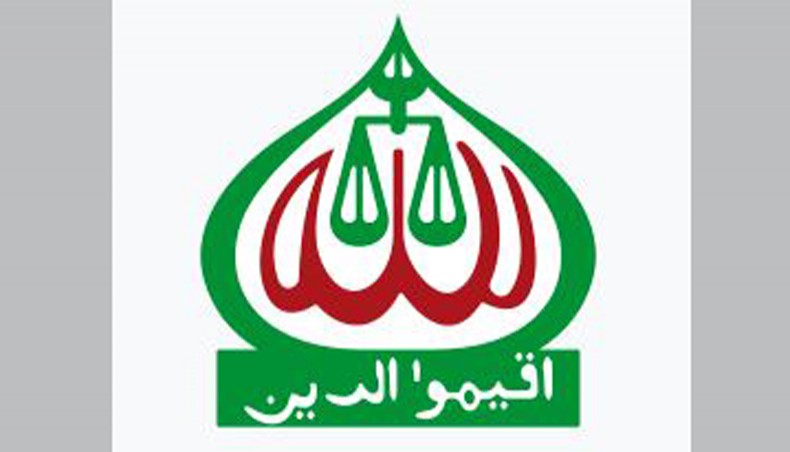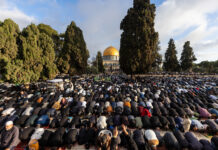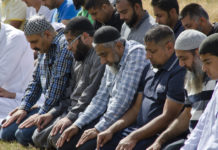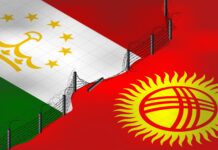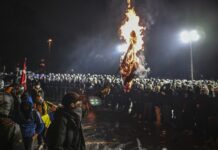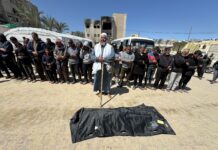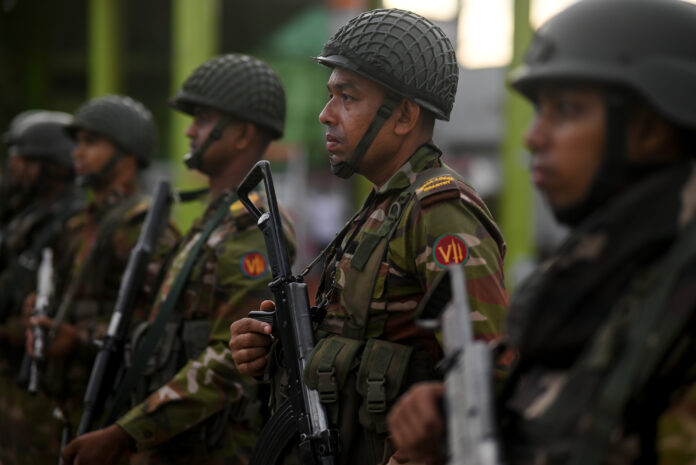
Bangladesh’s law minister has announced that the opposition Jamaat-e-Islami party and its students’ wing will be banned.
Anisul Huq told reporters in the capital Dhaka that the government will ban the Islamic political party and its students’ wing Bangladesh Islami Chhatra Shibir by using “executive powers” by Wednesday.
The announcement comes after the ruling Awami League party-led coalition on Monday accused the Jamaat-e-Islami and its student wing of “carrying out violence” during the student protests.
However, the Jamaat-e-Islami denied the allegations, describing the government announcement as an “illegal move.” The government is blaming the opposition in an attempt to “hide its killing of the students,” the party said in a statement posted on social media.
The Bangladesh Election Commission already cancelled the party’s registration in 2013 during Prime Minister Sheikh Hasina’s Awami League-led government.
Bangladesh has been rocked by student protests demanding reforms in public jobs. The protests have subsided since the government imposed a nationwide curfew and deployed the military.
The government has now reduced the quota in public jobs to 7%, with 5% reserved for the children of war veterans.
Subscribe to our newsletter and stay updated on the latest news and updates from around the Muslim world!
The protests began after a court restored the quota to 56%, including 30% for relatives of those who fought in Pakistan’s 1971 war of liberation.
The Home Ministry reports that at least 150 people were killed during several days of student protests.
However, independent sources and local media reported that at least 266 people were killed in the protests, most of whom had bullet wounds, and that thousands more were injured.
According to the Daily Star newspaper, over 10,000 people have been arrested in the last 12 days, including many members of opposition parties.
Jamaat-e-Islami
Jamaat-e-Islami Bangladesh, often referred to simply as Jamaat, is a political and religious party in Bangladesh.
It has a history rooted in the broader Jamaat-e-Islami movement, which was founded in 1941 in British India by Islamic scholar Abul A’la Maududi.
The party has been a significant player in Bangladeshi politics, though it has often been a subject of controversy and legal scrutiny.
Before the independence of Bangladesh in 1971, the Jamaat-e-Islami was an influential Islamic political movement in East Pakistan (now Bangladesh). It opposed the independence of Bangladesh from Pakistan and sided with the Pakistani military during the Bangladesh Liberation War.
Several of its leaders have been accused and convicted of war crimes by the International Crimes Tribunal of Bangladesh, leading to significant political and social backlash.
After Bangladesh gained independence, the party was banned due to its opposition to the independence movement. However, the ban was lifted in the late 1970s, and Jamaat-e-Islami re-entered the political landscape, rebranding itself as a defender of Islamic values in the new nation.
Jamaat-e-Islami Bangladesh advocates for the establishment of an Islamic state governed by Shari’ah law. The party promotes social and political change based on Islamic principles and aims to implement Islamic law and education. It emphasises issues such as moral education, Islamic banking and welfare programs.
Jamaat-e-Islami has been part of coalitions with major political parties, including the Bangladesh Nationalist Party (BNP). The party has had representation in the national parliament and has been involved in various electoral alliances.
However, its political activities have been significantly curtailed in recent years. The party has faced legal challenges, including the cancellation of its registration as a political party by the Election Commission of Bangladesh in 2013, on the grounds that its charter was in conflict with the country’s constitution.
As of now, Jamaat-e-Islami continues to exist, albeit in a reduced capacity. The party struggles with legal restrictions and the challenge of adapting to a modern, secular political environment in Bangladesh.






